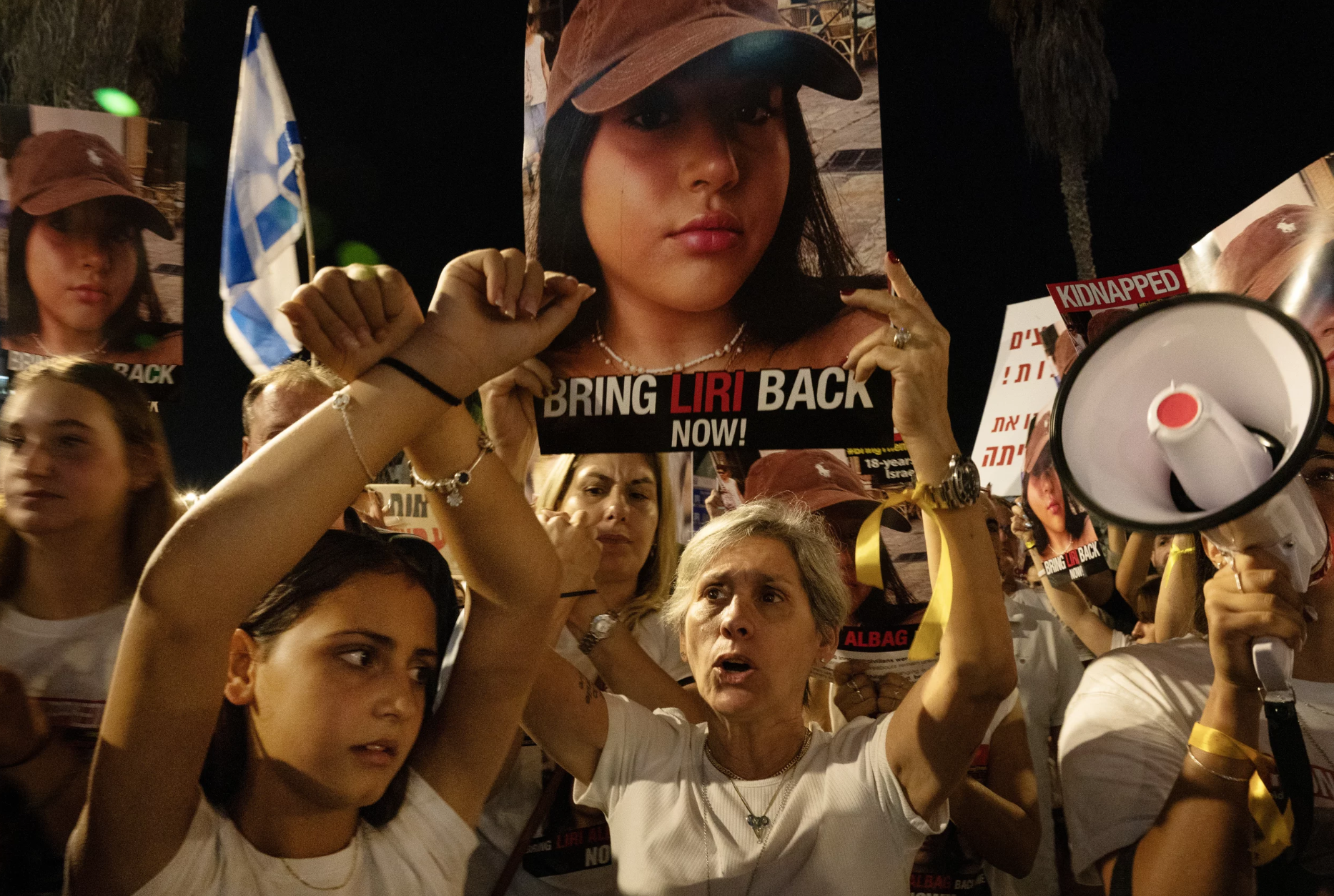
- Details
- By OJ and Barb Semans
Guest Opinion. As the war between Hamas and Israel plays out in front of us, we are so disheartened and sad. In constant newscasts and social media posts, everyone, everywhere on earth can watch Israeli and Palestinian people suffering horribly in real time. Lives are being taken on both sides. People are starving. Hostages are terrified. Babies are dying.
We Indigenous people empathize with the people on both sides of that conflict. It all happened to us. Since Columbus arrived in 1492, we have been struggling to protect our tribal communities, our way of life and Mother Earth. The fight continues today, as we still face high rates of starvation, infant and maternal mortality and—still—theft of our lands and resources.
The hate being spoken by Hamas is nothing new to us. L. Frank Baum, newspaper editor and author of The Wizard of Oz, stated: “The Whites, by law of conquest, by justice of civilization, are masters of the American continent, and the best safety of the frontier settlements will be secured by the total annihilation of the few remaining Indians.”
Both early Colonial governments and later the United States tried continually to annihilate us. They offered bounties for Native scalps and skulls—as much as several hundred dollars, a huge sum in those days. By destroying the great buffalo herds, the salmon runs and other food sources, the US government caused Indigenous people to starve to death in large numbers. The US also carried out numerous massacres—killing Cheyennes at Sand Creek, Shoshones at the Bear River, Blackfeet at the Marias River, Lakotas at Wounded Knee, and many more.
On December 29, 1890, more than 300 unarmed men, women and children were murdered at Wounded Knee, on the Pine Ridge Indian Reservation in South Dakota. The most “brutal” and “cold-blooded” massacre he had seen, reflected Lieutenant General Nelson Miles, a battle-hardened Civil War veteran, when he visited the massacre site several days later and reported on it to his superiors. He told them he had seen bodies frozen in the snow, babies with five bullet wounds
and children shot at such close range they were singed with gunpowder. He called the Congressional Medals of Honors for soldiers who had done this “an insult to the memory of the dead.” It took 100 years for the United States to admit that the “Battle at Wounded Knee” was the Massacre at Wounded Knee. The government has still not revoked the medals, despite the efforts of the survivors’ descendants.
During this Native American Heritage Month, and especially on Native American Heritage Day, this Friday, November 24, 2023, take time to remember Palestinians and Israelis who are suffering and dying. Know that the Indigenous people of this country understand. It is up to us to elect officials who understand what humanity is and respect the lives of all. In order to ensure this, every single eligible person must register and cast a ballot.
OJ and Barb Semans are Co-Executive Directors of Four Directions Native Vote. They live and work on the Rosebud Sioux Indian Reservation in South Dakota.
Help us ensure that the celebration of Native Heritage never stops by donating here.
Help us defend tribal sovereignty.
At Native News Online, our mission is rooted in telling the stories that strengthen sovereignty and uplift Indigenous voices — not just at year’s end, but every single day.
Because of your generosity last year, we were able to keep our reporters on the ground in tribal communities, at national gatherings and in the halls of Congress — covering the issues that matter most to Indian Country: sovereignty, culture, education, health and economic opportunity.
That support sustained us through a tough year in 2025. Now, as we look to the year ahead, we need your help right now to ensure warrior journalism remains strong — reporting that defends tribal sovereignty, amplifies Native truth, and holds power accountable.
 The stakes couldn't be higher. Your support keeps Native voices heard, Native stories told and Native sovereignty defended.
The stakes couldn't be higher. Your support keeps Native voices heard, Native stories told and Native sovereignty defended.
Stand with Warrior Journalism today.
Levi Rickert (Potawatomi), Editor & Publisher

